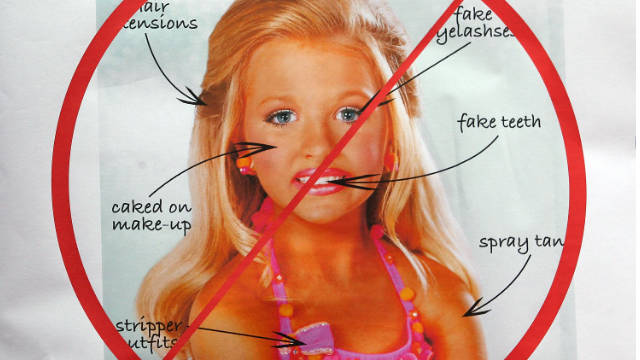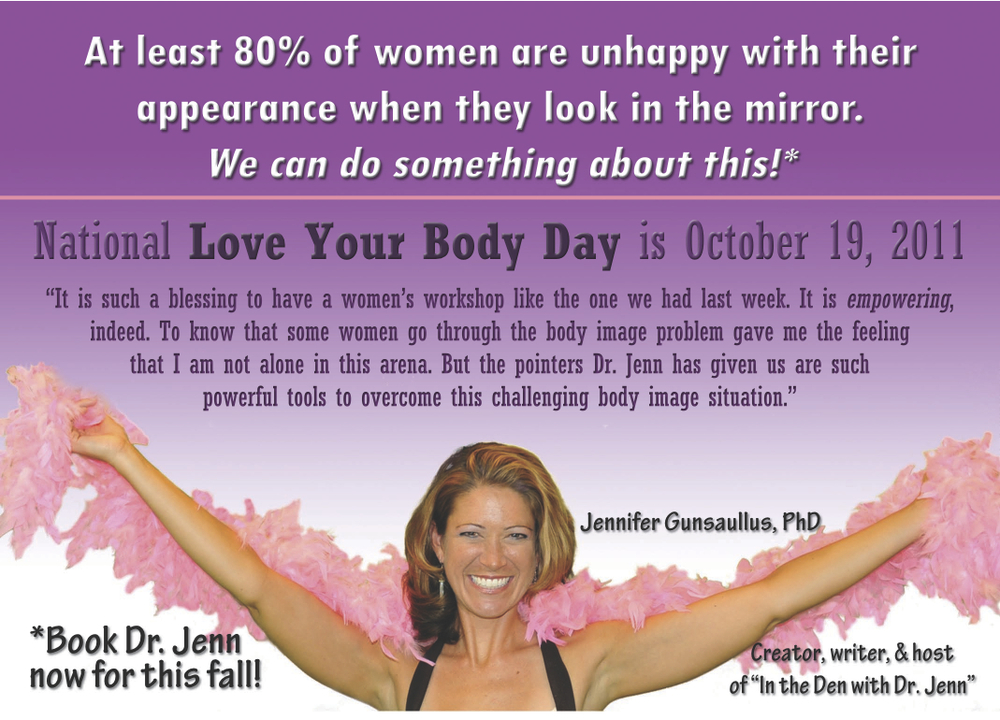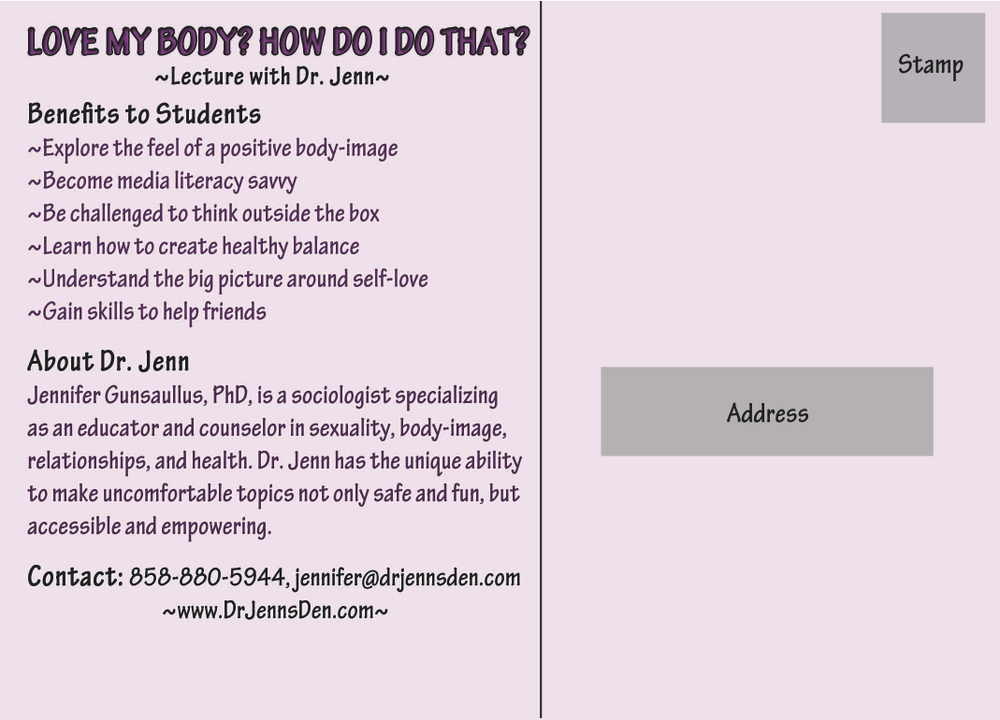DVD Review of Beauty Mark: Body Image & the Race for Perfection
/Contemporary Sexuality, December, 2011, Vol. 45, No. 12
In this documentary, psychotherapist Diane Israel chronicles her personal journey with obsessive exercising and eating disorders. Throughout her troubled childhood and years as a champion triathlete, she was terrified of becoming fat. Her journey to understanding attractiveness and love brought her face-to-face with America’s cultural ideals about beauty and competition. In “Beauty Mark,” Israel offers cultural commentary from experts, including Eve Ensler, Naomi Wolf and the Dove “Real Beauty” campaign research group. In a bold and touching conclusion, Israel brings her narrative back full circle to her family to share their perspectives.

I had mixed reactions after my initial viewing of “Beauty Mark.” Based on the documentary description, I expected an academic study of body image concerns and how the media creates or exacerbates these. However, this was Israel’s personal tale of body struggle, competitiveness, family dysfunction and transformation. The story went in many directions, without depth of explanation. And, although the conclusion with her family was heart wrenching and brought tears, I was left wanting more. What happened next? What can we do about this? Gratefully, I found the DVD bonus feature, in which Israel shares details of her life two years after the filming. This quenched my need to know how she was dealing with her family and personal demons and what is working for her in recovery.
With such mixed feelings, I showed the DVD to my Women & Health college class. My students are primarily women with an average age of 21. Their anonymous written feedback was overwhelmingly positive. My students were touched by Israel’s story. They thought the mes- sage was personally valuable for validation and hope. They also found it educational for college women overall. We did not have time to view the bonus feature, yet only a few students voiced a sense of incompleteness. They specifically wanted to know how Israel helps her clients with their body image concerns.
Israel concludes there is no single factor to blame for her self-loathing. This realization and her acceptance of herself allowed her to return home. I think this is a powerful and thought-provoking documentary for high school and college students. The final message, with a shift from blaming to acceptance, by way of courage and compassion, is a lesson for all.
Beauty Mark: Body Image & the Race for Perfection By Diane Israel, Carla Precht and Kathleen Man. She-Art Production. DVD, $250.
~Dr. Jenn Gunsaullus, San Diego, CA -- Sex Therapy, Marriage Counseling, College Sexual Health Speaker














































